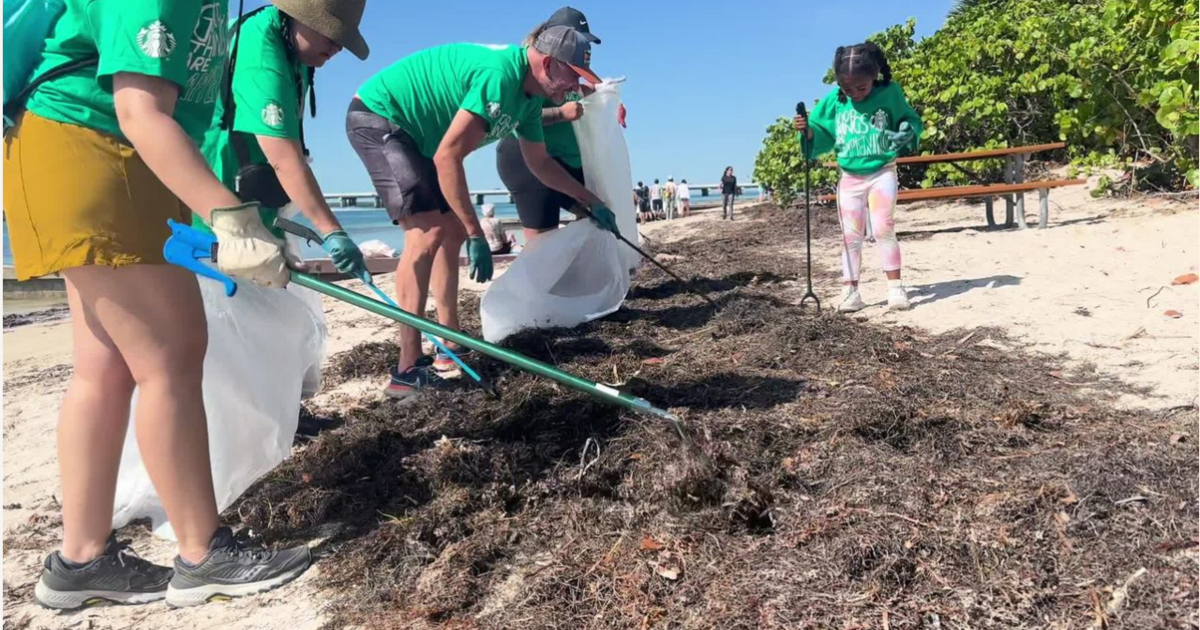Many Women Choosing To Be Older Moms
MIAMI (CBS4) - Eight month old Peyton and her older brother, 3-year-old Brock, don't understand it quite yet, but their mom Kristine Caruso is part of a trend; women waiting to have babies much later in life.
"I didn't meet my husband till I was 36, so I just postponed the whole marriage and family thing," explained Kristine Caruso.
Now at age 44, Kristine has her hands full.
"I love it. It makes the end of my day so worth while to come home to two friendly faces," said Caruso, who is now in her 40s.
Sarajean Grainson is in her 50's. Both women are raising babies.
"I think I'm a natural mom," said Grainson. "I just love being a mom."
Grainson had Luke at 51, and her twins at age 54. It was her second marriage to a younger man and she wanted to have a family with him.
Both women used IVF (in-vitro fertilization). Doctors say they are seeing women do this in their 40s and 50s, more and more.
"We can draw blood to assess egg quality and egg quantity," said Dr. Ellen Wood.
Although science has become so advanced it's giving women more options, Dr. Ellen Wood explained that waiting until much later in life does mean facing more potential complications such as diabetes, high blood pressure and premature delivery.
A woman's egg count also dwindles with age. At puberty, a woman typically has about 500,000 eggs. At age 37, that number drops to about 25,000. By the time a woman turns 51, which is also the average age of menopause, there are usually only about 1,000 eggs left.
"Chances of getting pregnant declines at 35, then there's a huge drop at age 40, then after 44 very little success using your own eggs," said Dr. Wood.
Christine was able to conceive via IVF with Dr. Wood as her doctor using her own eggs.
But Sarajean, who used a different doctor, had to use an egg donor. Both moms agree that the pro's for them are that your career is set, finances are not an issue and they are mature.
"I didn't know anything at 23," declared Sarajean. "At 50 I knew exactly what the baby needed. I'm thrilled where we are in lives right now."
Christine and her husband have the same sentiment.
There are no long-term studies on the effects on children with older parents. But one child psychologist CBS4's Cynthia Demos spoke with, told her it is not the age of the parent that matters, it's the parenting.



